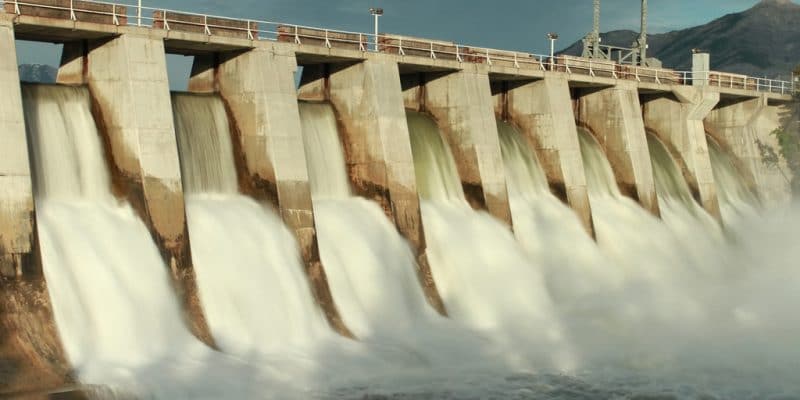The Zambezi River Authority says the Environmental and Social Impact Assessment draft (ESIA) report which includes the Livelihood Restoration Plans (LRPs) for the development of the 2,400 Mega Watts Batoka Gorge Hydro Electric Scheme (BGHES) has been completed.
Authority Chief Executive, Engineer Munyaradzi Munodawafa said the study covers the land identified for the accommodation of project staff and land required for the development of the dam, powerhouses and related infrastructure including construction camps.
“The Zambezi River Authority, a bilateral organisation equally owned by the Governments of Zambia and Zimbabwe, in 2014, engaged Environmental Resources Management (ERM) of South Africa, an independent and internationally renowned consultant to carry out the Environmental and Social Impact Assessment (ESIA) studies for the development of the 2400Mw Batoka Gorge Hydro Electric Scheme (BGHES), a trans-boundary project located 47Km downstream of the Victoria Falls,” he explained.
Engineer Munodawafa said the ESIA studies also include, livelihood studies of communities to be affected, a household census, socio-economic surveys and asset inventories.
“The Resettlement Action Plans (RAPs) for these Project components are not required, as construction of these Project components will not affect any primary residential structures or social facilities and therefore will not result in physical displacement of people,” he said.
He noted the authority remains committed to addressing any adverse impacts on the host communities resulting from the implementation of the project by employing international and local best practices in a fair and transparent manner.
The Engineers said the costs of these mitigatory measures as determined by the consultants, will become part of the project costs with implementation of the measures being mandatory.
“The goal is to ensure that the livelihoods of the PAHs are better than they were before resettlement or loss of other social facilities,” he said.







